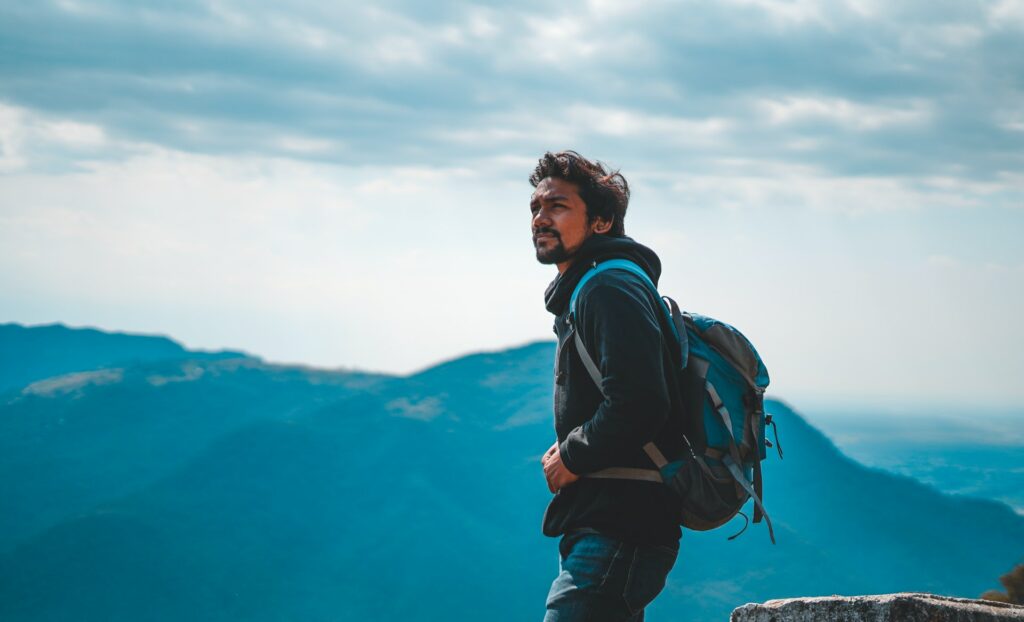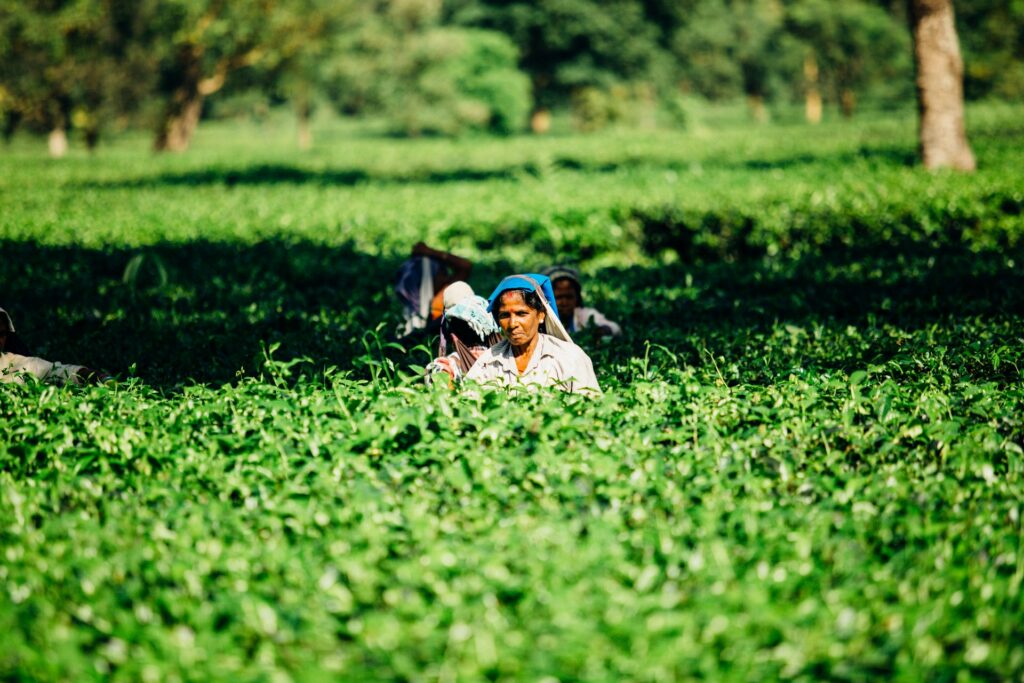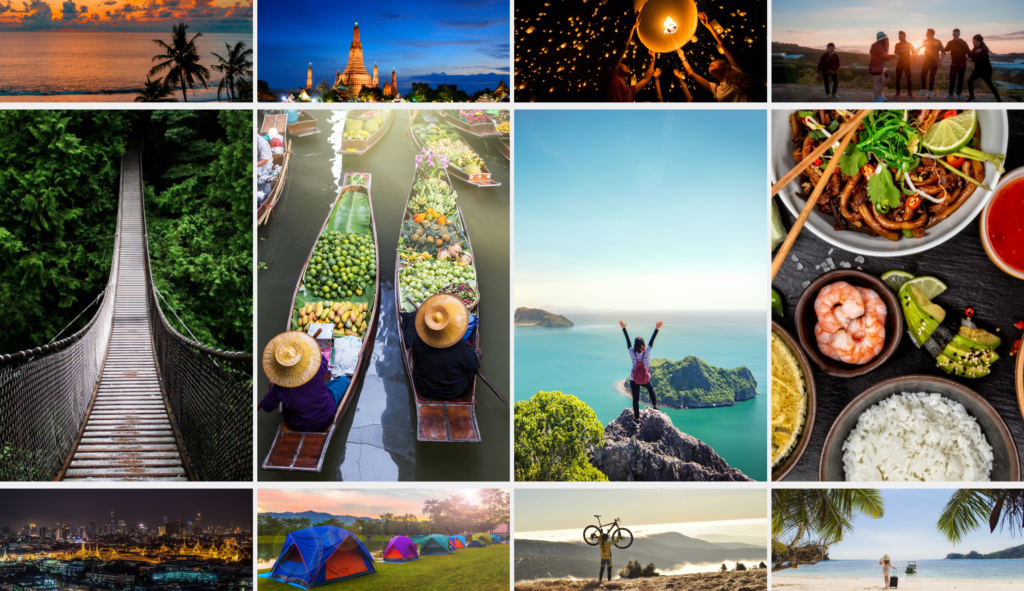Asia Pacific Recovery: How Hoteliers Can Reignite Confidence in Travel

By ITB Community and Joon Aun Ooi, President, Asia Pacific at Wyndham Hotels & Resorts
As the world tries to anchor itself amidst the COVID-19 crisis, we will need to apply a new perspective on customer engagement, product development and the whole spectrum of travel. ITB Community had a catch up with Joon Aun Ooi, President, Asia Pacific at Wyndham Hotels & Resorts, to hear his thoughts and insights on what has changed in the hotel business landscape and how ultimately the industry players across Asia Pacific can work together to bring travel back.
Can you share your overview of the Asia Pacific hotel industry?
Asia Pacific is witnessing a multi-paced recovery, with different markets rebounding at different speeds. This is dependent upon several factors, including local cases, vaccination rates, the level of travel restrictions and their dependence on international tourism.
In China for example, the country’s large domestic tourism sector and COVID strategy have been effective in helping the hotel sector rebound almost to pre-pandemic levels. We’ve seen data showing that hotel performance in all classes, from economy to luxury, has more than 90% recovered. And these are not at the expense of rates! While we continue to be optimistic about recovery, we are also closely monitoring the latest news and developments: including the recent outbreak in the Fujian province and will continue to navigate this changing travel landscape.
While over Southeast Asia, we are seeing recovery happening; albeit at a slower pace. What is encouraging, however, is that many governments are developing long-term solutions to manage life amidst COVID. There is a growing determination to safely restart international travel. For instance, initiatives such as the Phuket Sandbox, and similar schemes in Koh Samui, Langkawi and Phu Quoc, are creating new frameworks for travel and for localised recoveries to occur.
What can hotels do to drive domestic bookings?

For many domestic guests—it is a desire to escape the city and take a much-needed vacation, while for others it will be the need for essential business travel. Hoteliers need to understand their travel motivations, anticipate them and cater to them.
The health and safety of our guests will continue to be the top priority and the industry must make a concerted effort to rebuild confidence in travel. We need to put ourselves into our consumer’s shoes and provide them with the assurance of a safe stay, while ensuring that our own frontline staff are safe too. But there is also a balance; a hotel should still be warm and welcoming—we don’t want guests to lose the personal touch that we, as hoteliers, pride ourselves on.
Hoteliers must think outside the box and be creative in delivering an exceptional experience for our guests.
For instance, food is an important aspect of the travel experience like the daily buffet breakfast that many guests look forward to. Hotels need to rethink ways they can safely recreate these dining experiences; whether it is dine-in, take-out, or in-room, to create special moments for guests to enjoy during their stay.
Hoteliers also need to consider the changes in guest behaviour; lead times are now shorter, and guests are demanding more flexibility in terms of booking conditions. Hotels need to adapt our booking terms and conditions to suit the “new normal” and clearly communicate our flexible cancellation policies.
What can guests expect when they start to travel again?
People may be sceptical of travelling at first, due to the fear of the unknown. But with all things in life, personal experience will determine whether the customer comes back. If the traveller has a safe and enjoyable trip, they will be motivated to do it again. And better still, they become advocates by sharing their positive experience, which will in turn motivate others to travel.
Throughout the travel journey there will be many unfamiliar new processes and protocols. I recently travelled for business to various countries. From my personal experience, I’ve found that differing travel requirements across destinations on proof of vaccination, quarantine requirements or PCR tests, can potentially be confusing for travellers.
While my overall experience was very positive, I believe that as hoteliers, we play a critical role in this travel journey. It’s more important than ever to deliver a safe and seamless guest experience by helping our guests understand the local rules and requirements. We must create a good impression on our guests and help them see that the hotel industry is committed to their safety and international travel is worth the effort.
What can the hotel industry do to bounce back more effectively?
As an industry, we need to work closely with governments and tourism bodies, to make sure that any policies being implemented are well thought through, and traveller information needs to be clear, consistent and well communicated.
One key question that we hear from hotel operators is how do we manage cost to meet the increasing needs in terms of service and expectations? Now is the time to reassess our own operating procedures and see how we can do things differently while exceeding our guest’s expectations on safety. It is critical that we are not just prioritising short-term gain by reacting, but planning ahead to map out a clear and robust recovery plan for the medium and long term.
We know that recovery will come, and work needs to be done now to create different strategies for different scenarios. And having created these strategies, they need to be clearly communicated and ready to be implemented.
What business models do you foresee will lead the way for hotel operators in Asia Pacific?
I believe that the franchise model will prove effective for hoteliers in Asia Pacific in the coming years. In Southeast Asia especially, there is a large group of independent hotels with the know-how to run their own business and outstanding local knowledge. Franchising allows them to tap into the power of a global brand to support their recovery, while giving them a strong degree of flexibility.
Whether it’s a trusted and established brand that consumers are familiar with, or a soft brand that enables them to maintain their individuality, branding will become increasingly important to deliver a holistic guest experience. And that’s why the franchise model is so attractive—it enables hoteliers to enjoy the benefits of global scale and support and provides exclusive guest benefits through a loyalty program. Hoteliers gain access to proprietary systems and resources, as well as brand guidelines with best practices and operational guidance that helps to enhance their customer experience. This will enable them to have peace of mind that they have all the support they need to navigate recovery.
On the future of hospitality, what do you hope to see?
This industry will continue to be relevant and will continue to be an enabler of personal connections. In business travel, everyone is talking about virtual technologies and video-conferencing, but there is nothing like face-to-face meetings that help with relationship building.
As a key player in the travel life cycle, we have a strong responsibility to play given all that has happened in the past two years. We need to continue to provide that assurance to our guests that their health and safety is being protected during their stay and throughout their travel journey.
Technology will have a major role to play, of course. Personalisation, driven by the intelligent use of big data, will enable us to understand our guests, anticipate their individual needs and create bespoke offerings for them. I also hope that we will continue to see demand for more authentic local experiences that allow guests to connect with their destination. This is a really positive trend that has the potential to enable local communities to benefit directly from tourism.






Responses